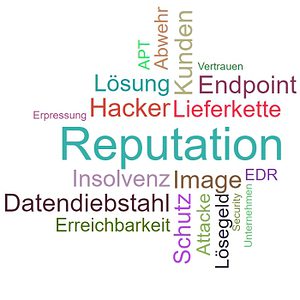SMBs do not want to work with cyber attack victims
50 percent of SMEs and 64 percent of large companies in Germany would never work with a company that had previously suffered a cyber attack. Certified security measures are desired, but not checked. As a Kaspersky survey shows, 50 percent of SMEs and 64 percent of large companies in Germany do not want to work with other companies that have already been the victim of a cyber attack. It is therefore important for more than three quarters (84,1 percent) of all companies that (potential) partners have implemented certified security measures to protect themselves against cyber attacks. These results go...






